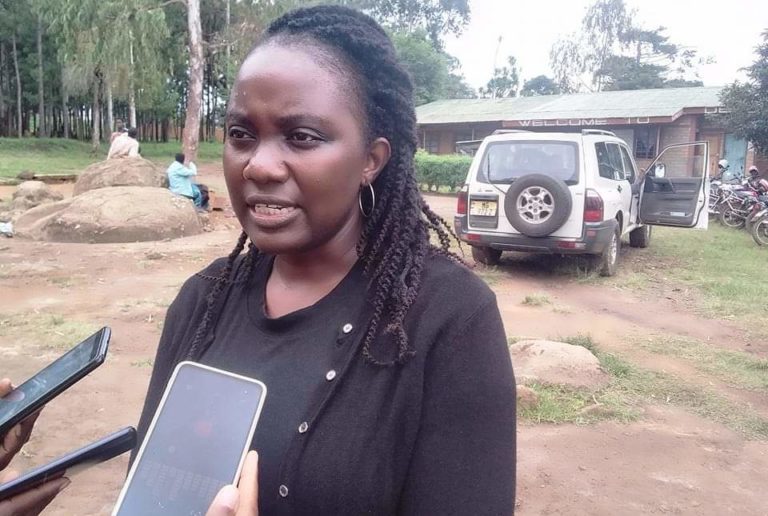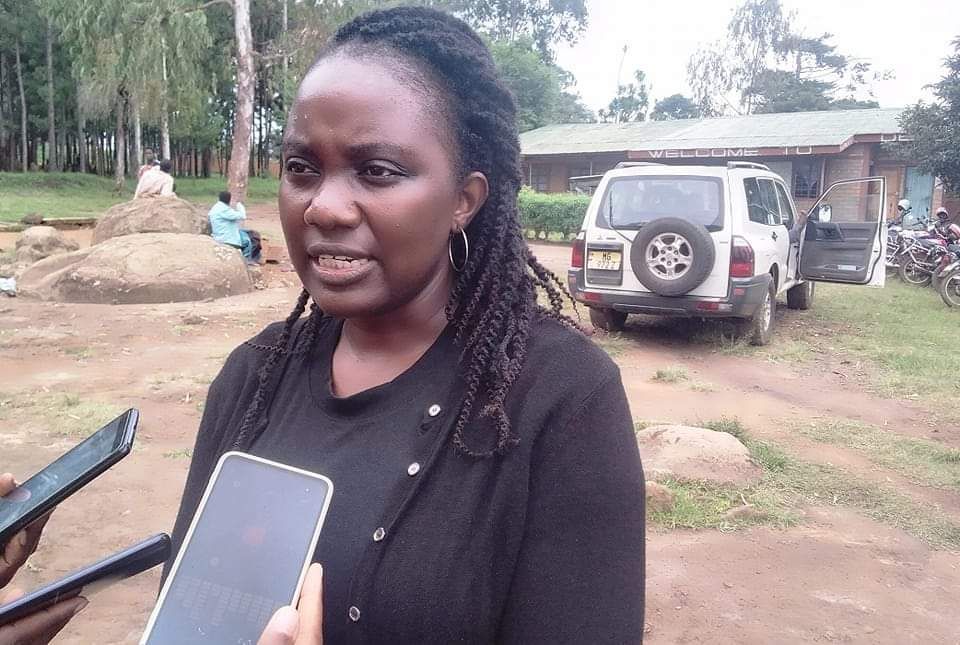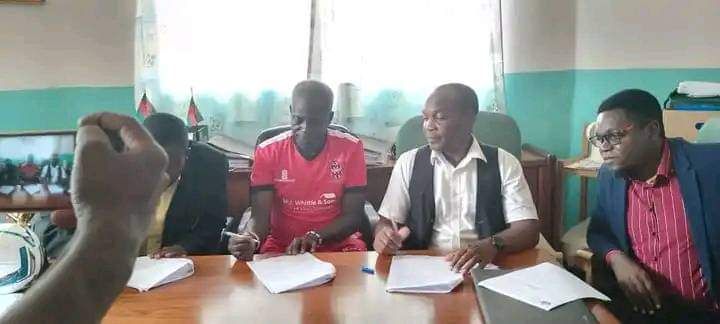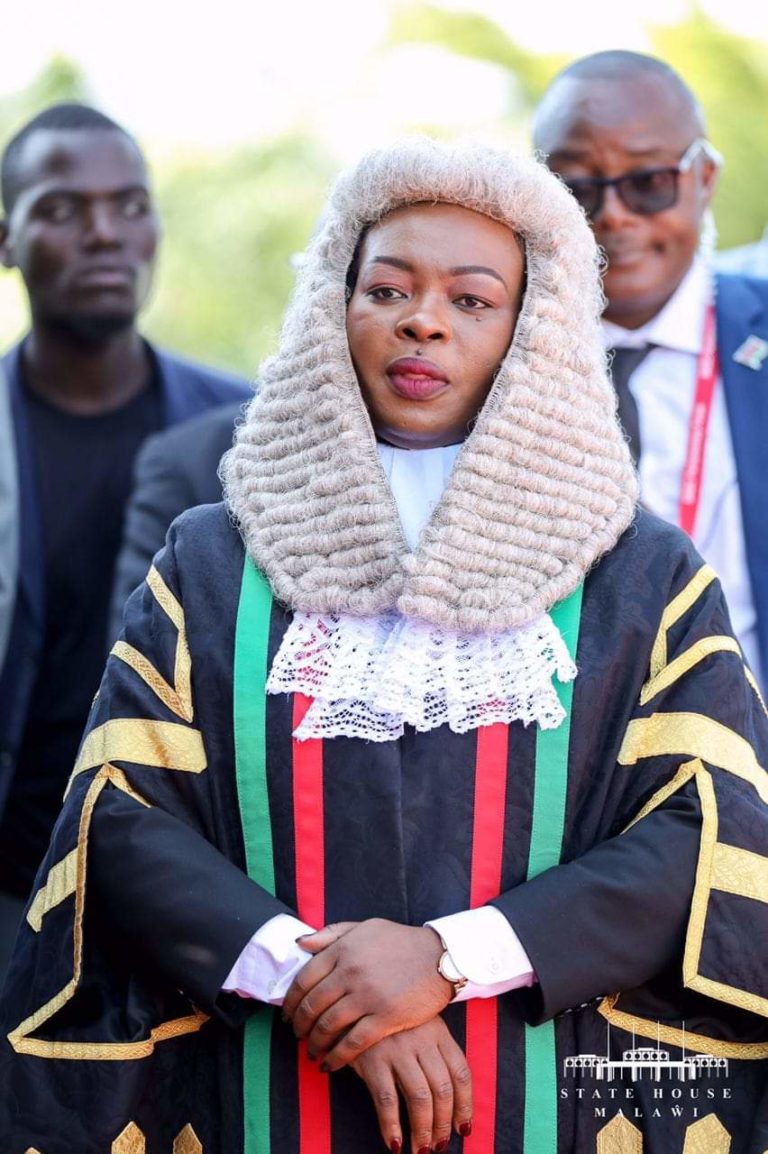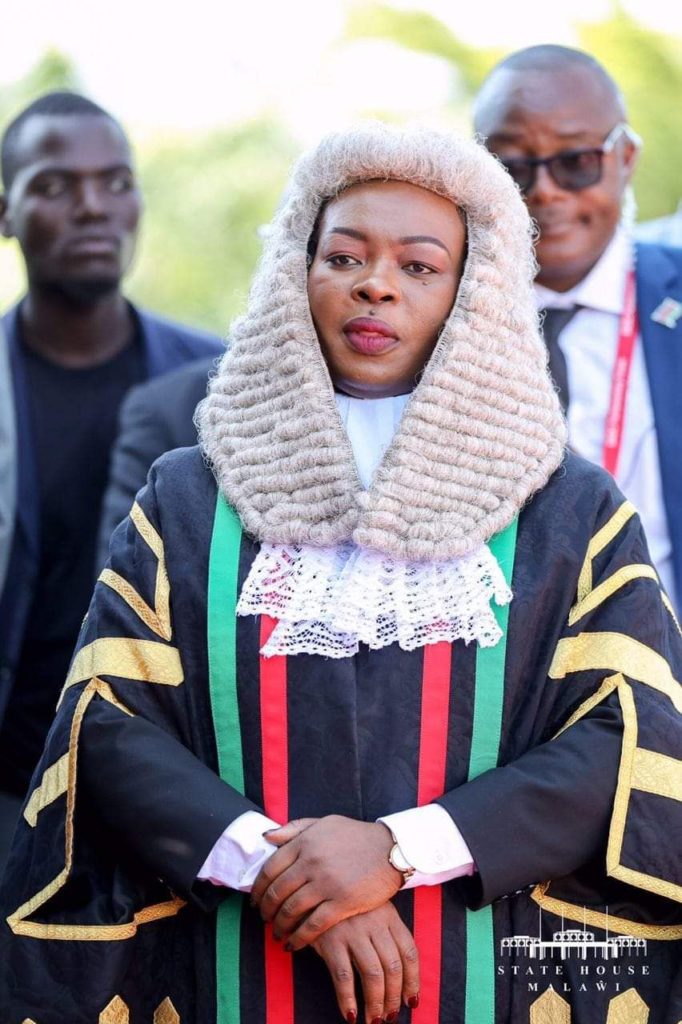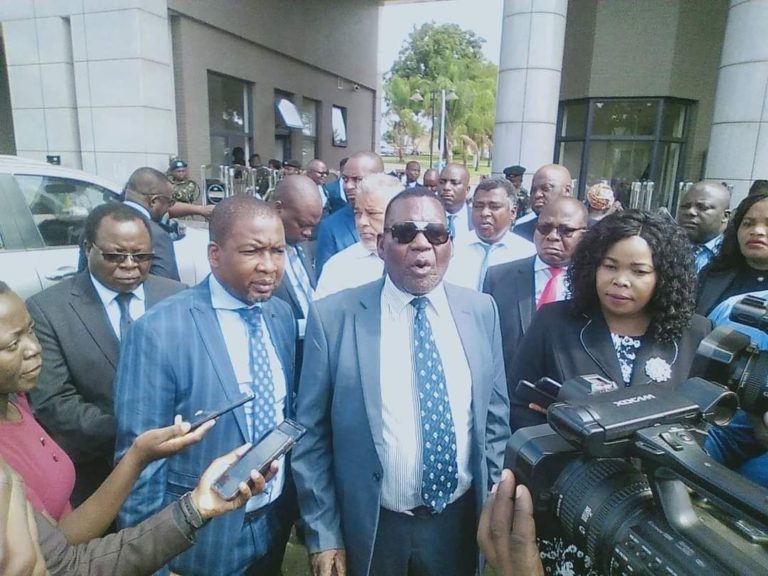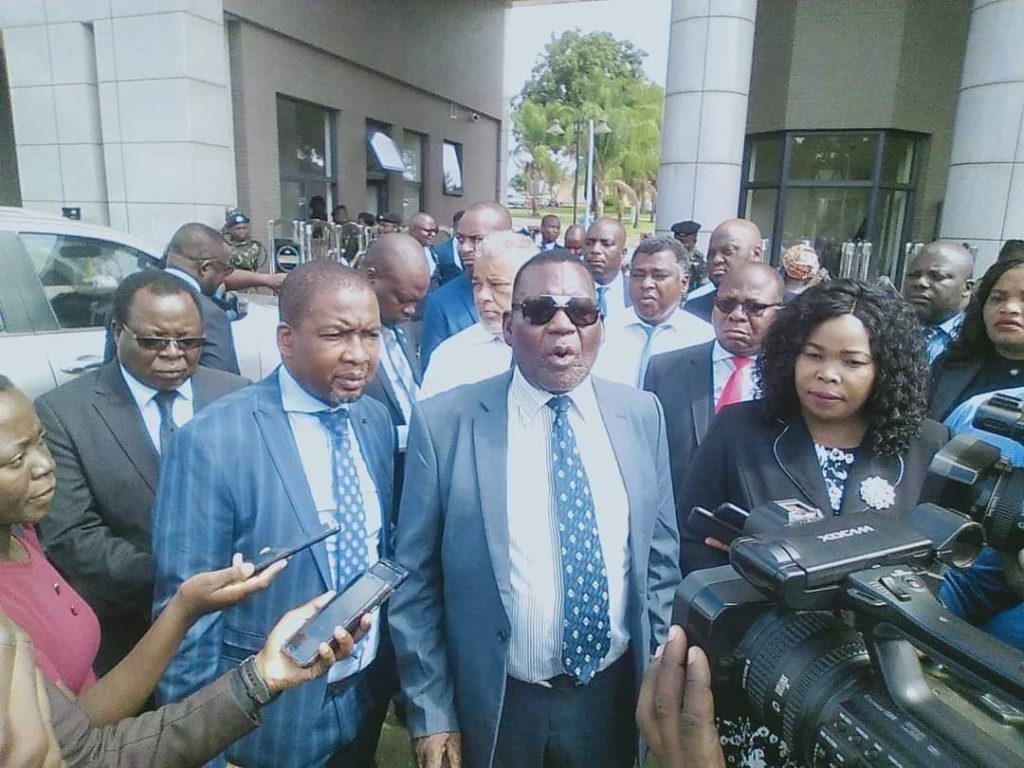By Staff Reporter.
One of Dedza Dynamos’ longest serving players, Charles Chipala, has bade farewell to the club that he served for over five years as he joins Silver Strikers Football Club in Lilongwe.
In an emotional statement released by the player on his Facebook page, Chipala thanked Dedza for helping him to become a better footballer and for making him and his family feel at home during his stay at Dynamos
“I would like to express my unwavering gratitude and appreciation for the love from the last 5 years and representing the club was the biggest honour for me.
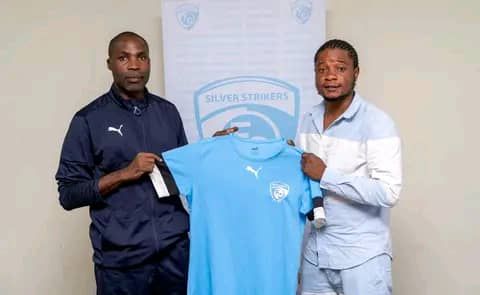
Indeed, after five wonderful years my stage at Dedza Dynamos FC comes to an end.
Thanks a lot to the Patron of the club, Mr Lewis Yumbe Msukwa, Mr Gerald Kampanikiza for being so supportive and the entire executive committee, coaches and teammates i’ve had, and of course to the fans.” Read the statement in part.
Chipala has signed a three-year deal with Silver Strikers as a free agent, following the expiry of his contract with Dedza on February 12th, 2024.
The striker played for Dedza Dynamos in the Dedza league, Chipiku Premier Division for two seasons before helping the team to get Super League in 2021 and has been with the team in the top-flight league for two seasons.
Chipala is the second top striker to leave the Dedza outfit following the departure of the 2023 TNM Top Goal Scorer, Clement Nyondo, who joined Mighty Mukuru Wanderers a couple of weeks ago.


